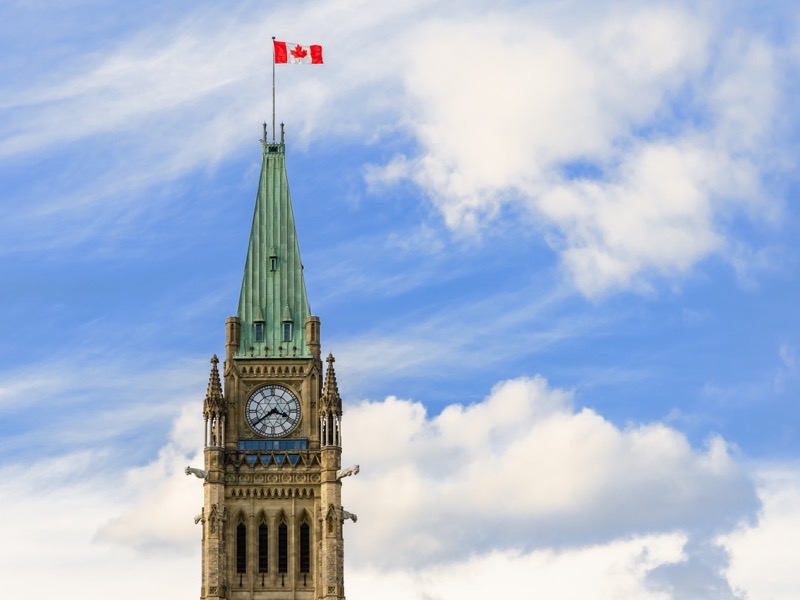
Finance Minister Chrystia Freeland says the need for MPs to approve a new round of pandemic aid has become more important amid fears related to the omicron variant of Covid-19.
Speaking to the House of Commons finance committee, Freeland says the variant has injected renewed uncertainty into the economy, in arguing for the government’s latest benefits package.
The Liberals are proposing to extend pandemic aid until early May to still-hurting businesses and provide a $300-a-week benefit to workers subject to a lockdown as part of a $7.4 billion aid bill before the House of Commons.
The Liberals want the bill, known as C-2, to get approval before parliamentarians go on their winter break at the end of next week.
Freeland said the lockdown support contained in the bill would act as an economic insurance policy if there is another surge in the virus or new variants of concern.
“I don’t want to give Canadians the impression that I think our work is finished or that I think there are no concerns left with omicron,” she told the committee.
“These are real challenges.”
Cabinet gets to decide what regions are in a lockdown to qualify under the terms of the bill. Freeland said the government would be open regions asking for the help, but wasn’t aware of any requests since the measures were announced last month.
Under questioning from NDP finance critic Daniel Blaikie, Freeland said she hoped the lockdown support wouldn’t be needed. She later added that officials were making “some additional calculations” on costs for the benefit in light of the variant, which would be outlined in a budget update next week.
Signals coming out of the Finance Department suggest that Tuesday’s economic and fiscal update won’t contain a bevvy of new spending measures, but will rather be limited in scope.
The Canadian Chamber of Commerce on Thursday called on Freeland to provide more than a cursory update and unveil a plan to boost economic growth above the anemic expectations from economists.
“Unless we can achieve sustained growth at a much higher level than we experienced prior to the pandemic, we won’t be building back better, but failing forward,” chamber president Perrin Beatty said in a statement.
“Without significant growth to pay for our social and climate ambitions, we will find ourselves on a path of ill-timed increased taxes for Canadian families and business owners.”
The parliamentary budget officer has estimated that four measures contained in C-2 combined would cost almost $7.1 billion.
Budget officer Yves Giroux’s office has previously estimated that extending the rent subsidy will cost $676 million, and adding extra weeks to the sickness and caregiving benefits would cost $373.8 million and $554 million.
On Thursday, his office estimated a wage subsidy extension would cost over $5.4 billion. The majority, about $4.8 billion, in subsidies flowing to businesses that continue to see a steep, and persistent drop in revenues, and the remaining $666 million going out under a program targeting hard-hit companies in the tourism and hospitality sector.
Thursday’s report said the federal government’s plan to extend its wage subsidy will push the overall price for the program to almost $106.7 billion.
Speaking to a Senate committee in the morning, Giroux noted the government was asking Parliament to approve $8.7 billion in extra spending for this fiscal year. He said total proposed federal spending this fiscal year is just under $400 billion.
“I have concerns, however, with the fact that the government is seeking Parliament’s approval of this additional spending without yet revealing what was spent the year prior,” Giroux told senators, adding he saw no reason for the delay in releasing the accounting documents.